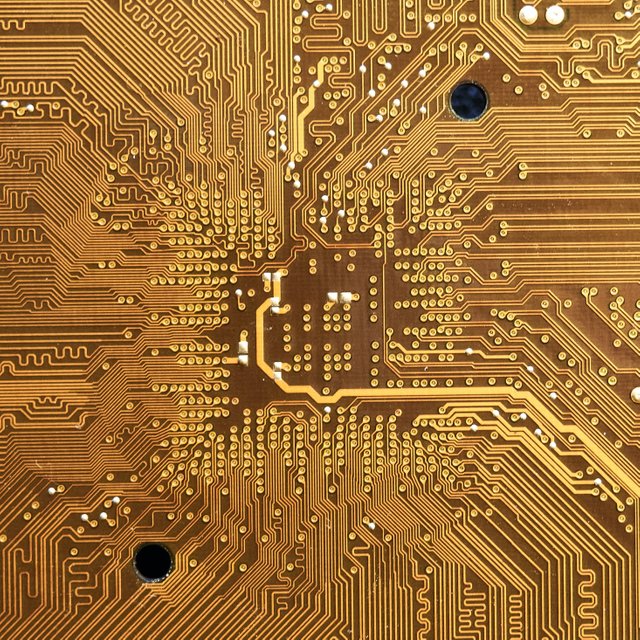Introduction:
Quantum computing is a revolutionary technology that has the potential to change the way we process information and solve complex problems. Unlike traditional computers, which rely on classical physics, quantum computers utilize the principles of quantum mechanics to perform calculations. In this article, we'll take a look at the basics of quantum computing, recent developments in the field, potential use cases, challenges, and the potential impact it can have on our daily lives. We'll also share our thoughts on the future of this technology and what's coming next, as well as review new products, platforms, or services that utilize quantum computing, which could be interesting for the community.

Basics of Quantum Computing:
At its core, quantum computing is a form of computing that utilizes the properties of quantum mechanics, such as superposition and entanglement, to process information. Quantum bits or qubits, the basic unit of quantum information, can exist in multiple states simultaneously and become correlated with each other in a way that cannot be described by classical physics. This allows quantum computers to perform certain types of calculations exponentially faster than traditional computers.
Recent Developments in the Field:
The field of quantum computing has seen a lot of progress in recent years, with many new breakthroughs and advancements being made. Companies like Google, IBM, and Rigetti have developed processors with dozens of qubits, and researchers are working on ways to improve the coherence time of qubits to reduce error rates. Additionally, scientists are exploring ways to make quantum computing more practical and scalable for real-world applications.
Potential Use Cases:
The potential applications of quantum computing are vast and diverse. Quantum computing can be used to solve complex problems related to cryptography, drug discovery, machine learning, and more. It can also be used to model complex systems and simulate chemical reactions, and it could potentially solve optimization problems and logistics much faster than traditional computers.
Challenges:
Despite the promise of quantum computing, there are several challenges that need to be addressed before it can be fully realized. One of the major challenges is decoherence, which is when a qubit loses its quantum state due to interactions with its environment. Additionally, programming quantum computers is difficult, as current programming languages are vastly different from those used for traditional computers.
Potential Impact on our Daily Lives:
The impact of quantum computing on our daily lives will depend on how quickly the technology develops and the specific applications that are adopted. If quantum computing becomes a reality, it could transform many industries, such as finance, healthcare, transportation, and more. It could also have a significant impact on data security, allowing us to protect our personal and financial information in ways that are currently impossible.
Thoughts on the Future:
The future of quantum computing looks bright, and we can expect to see more advancements and practical applications in the years to come. One of the most exciting things about quantum computing is that it has the potential to solve problems that are currently intractable for traditional computers. We can also expect to see new products, platforms, and services that utilize quantum computing in various ways, from encryption to logistics.
In conclusion, quantum computing is a fascinating and rapidly advancing field that has the potential to change the way we process information and solve problems. The potential impact of quantum computing on our daily lives and various industries.